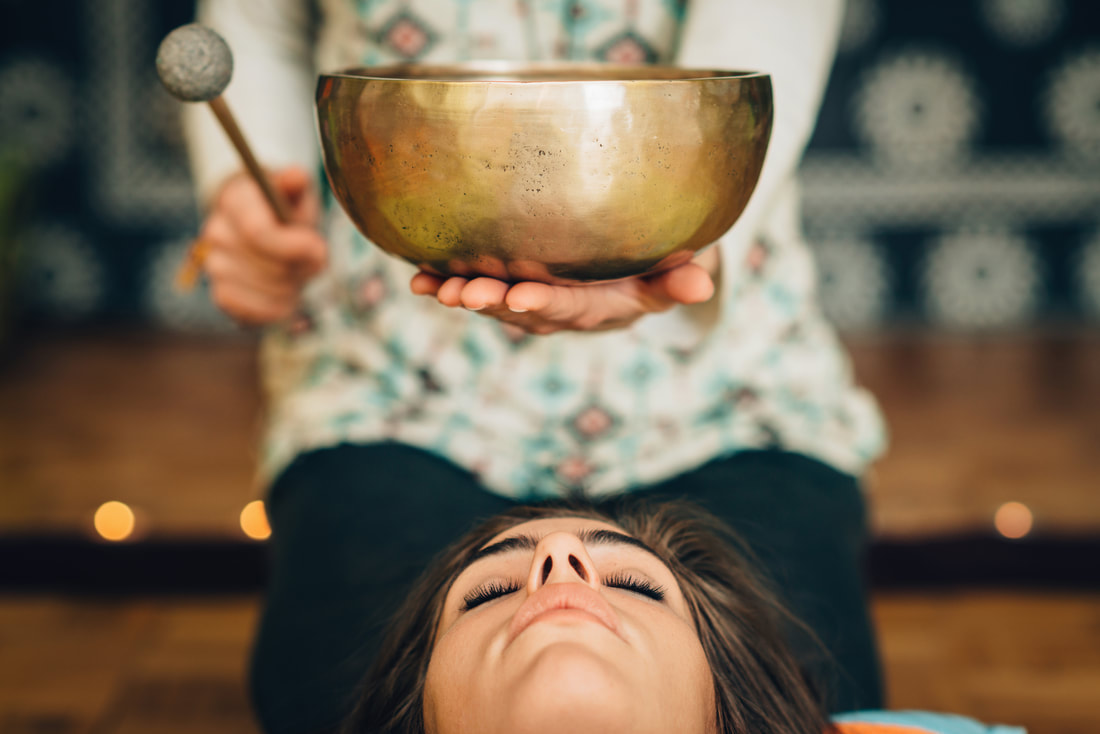|
A: Great question. Like most things we ingest, fish oil has an impact on every area in our body and each person may be affected differently based on their individual needs. Historically there has been a lot of research to support that fish oil can help to reduce triglycerides. Triglycerides are a measure of the fat that can build up and store in our blood vessels. High triglycerides are associated with an increased risk for a heart attack, therefore fish oil may reduce this risk. Recent research even shows fish oil to help improve brain function in those suffering from cognitive decline such as Alzheimer's. Aside from what research tells us, I have personally had many clients rave over how healthy and supple their skin feels when they add fish oil into their diet. In supplement form fish oil works therapeutically in the body, meaning it works like medicine so it should be treated as such. Never start a supplement without consulting your doctor first. Even with a substance that is so helpful such as fish oil, there are instances where it would not be recommended. If you are just looking to eat more fish each week then choose a sustainable-wild caught fatty fish such as salmon or sardines. Add these in once or twice a week and reap the benefits without the cautions of a supplement. For more information on how fish oil may be helpful for your individual health please reach out to Jessica and schedule a free 15 minute consult to discuss.
"A reader lives a thousand lives before he dies...." - George R.R. Martin  Open your mind and heart to a new world. It all started last night when I was lying in bed finishing a book. The book was sad. It made me cry and my daughter came up and asked why I was so sad. I explained to her a little about the plot and the characters. She then started talking about some of the characters in her book and sharing her feelings about them. We began having a conversation about the stories we were reading, everything from our concerns for the main character to our shock at the twist at the end. For a few brief moments, in our minds, our books took on a life of their own, it was as if they were real people that we had met and conversed with, real situations and experiences that we had witnessed. It felt like it was all happening in a sort of alternate universe that was running parallel to ours. I didn't really think too much about this at the time, I just enjoyed the opportunity for a somewhat intellectual conversation with my 9 year old. This morning however I had additional thoughts. Was it silly that we felt so connected with what we read, or had we in fact taken an opportunity to briefly live another life? Isn't that what reading is all about? Immersing yourself in a world outside of your own? Whether it be a great new fiction read or the lastest bio-chem text book- it is written at a different time, in a different context, and even from a different mindset. The books almost have a life of their own. And how amazing is it for us to be able walk, for a brief moment, in someone else shoes. Books not only open up a new world, but they also give us new perspective. They educate our minds to the world around us. We learn how to manage the present we are in by looking at the mistakes and triumphs of history. We gain understanding of ways to communicate by reading dialogue in fictional work. We learn propriety and manners through class novels. We develop problem solving skills from a thrilling murder mystery paperback. It doesn't take a boring text book to teach us something, but if we were so bold as to pick up something non-fiction- oh how our minds would expand. Reading not only opens your world, but it enriches your mind. And it's free. No expensive procedure to undergo. No hidden fees every month. You can read anything, anywhere and everywhere. Who knows- maybe that boring sailing magazine at the doctors office will open your mind to a new hobby. So put down your phone, pick up a book and change your life. We all have a darkness inside us. A hidden part of ourselves that we hide from others. A side that we feel isn't how we want to be perceived or seen. I think of it as a monster living inside me. And mine is insatiable.... Have you ever found yourself creeping down the stairs late at night to grab a handful of chocolate chips because they are so small that they "don't count"? Or how about sneaking a couple of nuts from the cupboard as you shut the lights off in the kitchen for the evening. Or better yet, when the kids are in brushing their teeth you manage to sneak one of the chocolate bars you impulsively bought at the store last week. Do any of these things sound familiar? They do for me because these are all things I have recently done. Not things I have heard my clients say or things I have learned in theory. These are actual real life events that happen to me on a regular basis. I say they "happen" to me because honestly sometimes they feel a bit out of my control. I feel like there is some other part of me reaching for these foods even though i am adequately full. What sort of dark monster living inside me is able to hide for so much of the day but creep out and completely take over at night? And do my efforts to fight this monster actually work against me? Perhaps the approach I have tried and counseled on so many times is not the best way. Whenever I try to fight this monster I end up in a shame cycle that creates a negative environment in my mind and body. I create stress and this only increases cortisol levels, which raise my blood sugar levels. If I had just eaten the candy I would have raised my blood sugar as well. So if its going to raise no matter what why not just eat the candy?? Unfortunately its not quite as simple as this. The goal is to remove the need and desire to eat late at night and honestly it takes a lot more work than just reading one blog post, however this should get you started. 6 Tips to reduce Night Time Snacking
1. Eat a balanced dinner with adequate protein, a little fat and some complex carbs. This well rounded dinner will not only help keep you full but will also satisfy your various taste buds allowing you to feel more content in your meal 2. Clean the kitchen in the morning- YES I give you permission to leave your kitchen a mess- or at the very least pass this chore onto someone else in the household. The longer you hang out in the "food zone" of the house, the more likely you are to reach for a snack. 3. Make a cup of tea. Tea can be a great way to nourish your mind and body before bed. A sweeter herbal tea could help curb cravings for candy or treats. It will also help to keep your belly full to avoid any post dinner stomach growling. 4. Take magnesium. If you find yourself craving chocolate at night you might be low in magnesium. Talk to your doctor about whether adding in this supplement might be right for you. 5. Have a small treat right after dinner. Invest in high quality, bitter dark chocolate. Having a nibble of this right after a meal will help to satisfy that need for a dessert and the bitterness will quell the sugar cravings. 6. Go to bed early!! The longer you stay up and linger around the house the more opportunity for a snack. Go to bed after dinner and read, or just go to sleep early. A good nights rest allows us to wake up refreshed and the more refreshed and alert we are the better choices we make the next day! According to Cindy Horbach- Sound Therapist, Usui & Karuna Reiki Master, Ordained and Certified Mind Body Spiritual Practitioner.....
Science has proven that sound, or vibration, has an impact on all substances. Harmonic Sound Therapy is founded that all matter is vibrating at specific frequencies. Harmonic Sound Therapy is an effective modality that uses vibrational sound to reduce stress, alter consciousness, a deep sense of peace, well being and pain relief. Many ancient civilizations and indigenous cultures have used sound to heal and access higher levels of consciousness. How does it work? Ancient instruments including Tibetan-Himalayan singing bowls, gongs, chimes, bells, drums, rattles are struck and sung in specific rhythmic patterns with intention to create a vibrational sound harmonic. This is done around and sometimes on the body while you are fully clothed in a lying, reclining or seated position. This then impacts the sympathetic fight or flight nervous system as your brain waves synchronize to the vibration of the instruments. The harmonic vibrations engage the parasympathetic relaxation response slowing down the respiration, brain and heart rate thus disrupting pain reflex and unease, creating a deep sense of well being while promoting response at the cellular level. |
Details
Archives
June 2024
Categories |
|
Jessica Carter MS, RD, LD, CDE, RYT200 1900 Division ST W, Unit 4, Bemidji 218-556-9089 |
|
Copyright © Core Health & Nutrition, LLC.






 RSS Feed
RSS Feed

